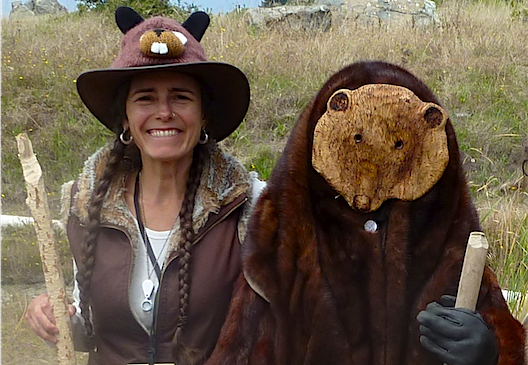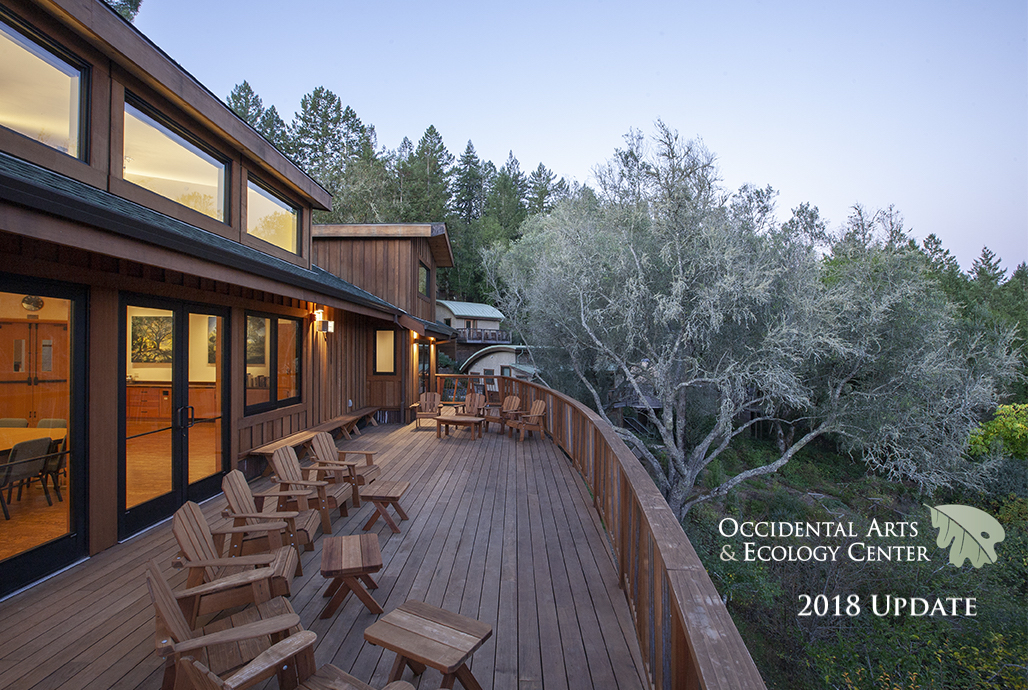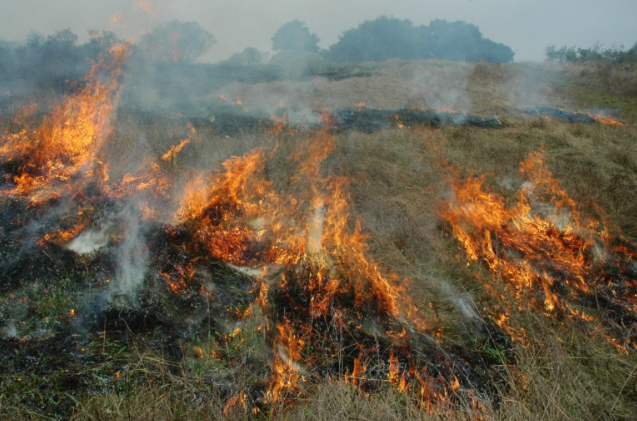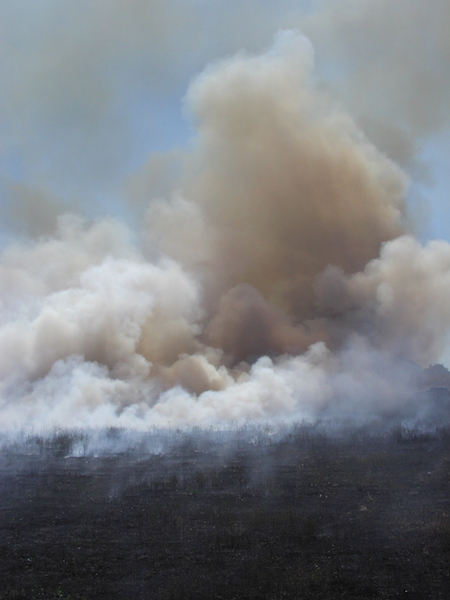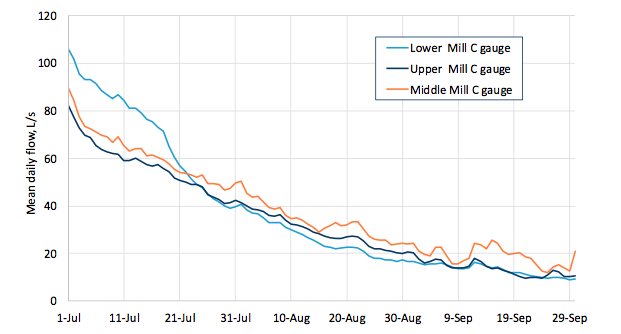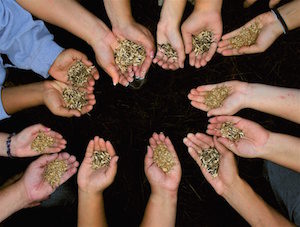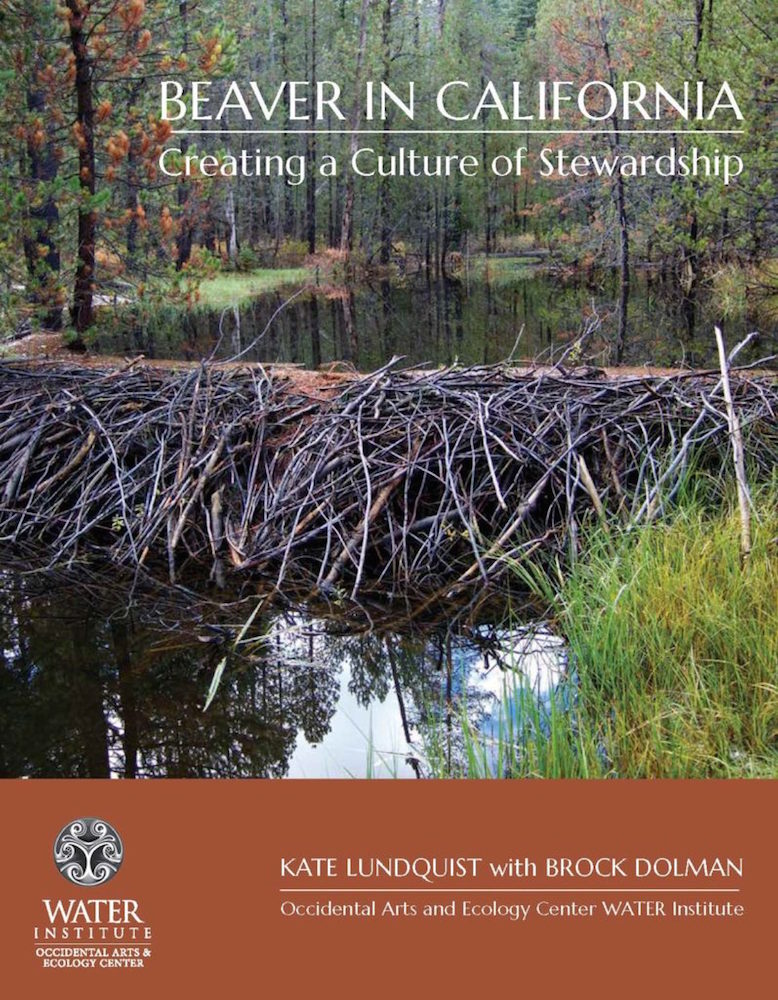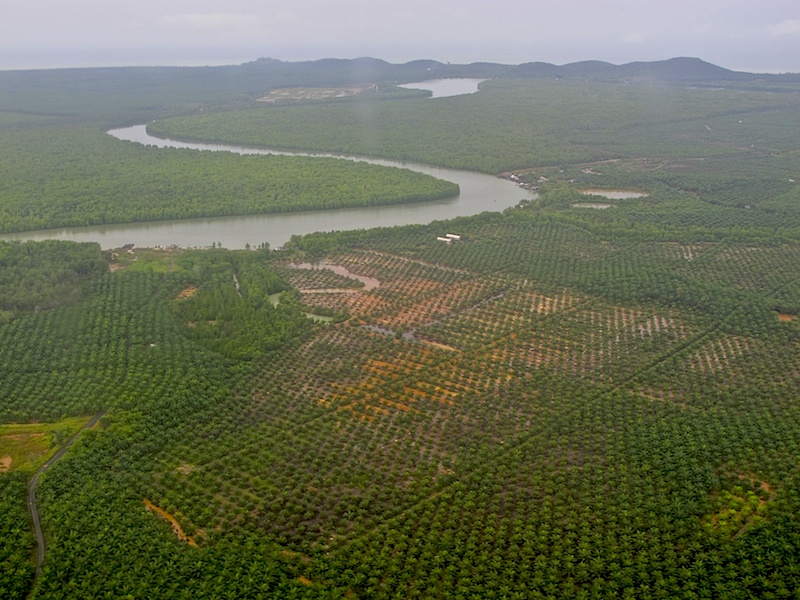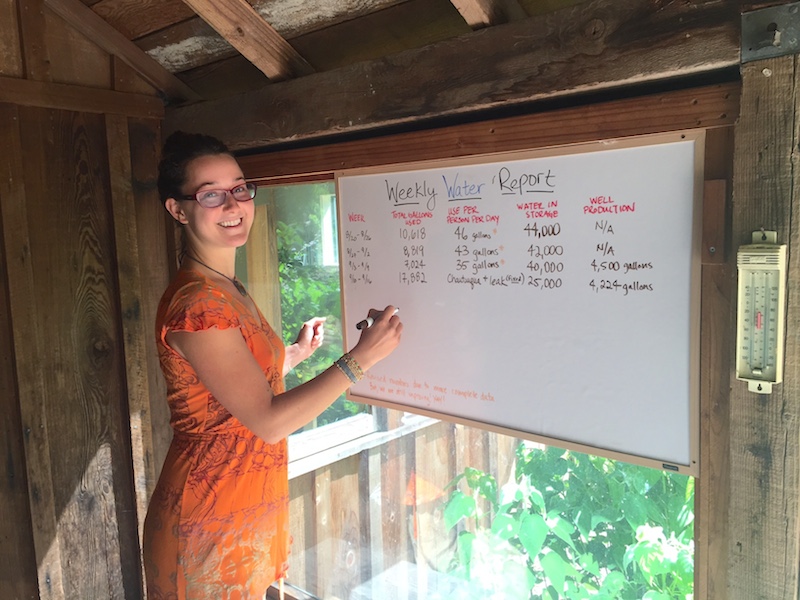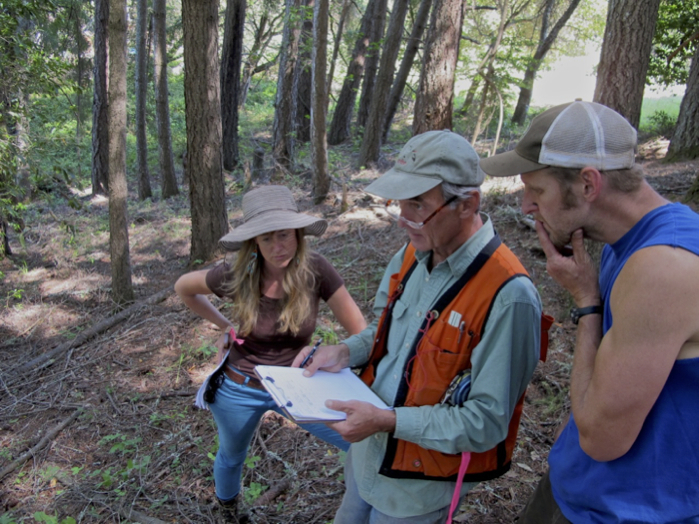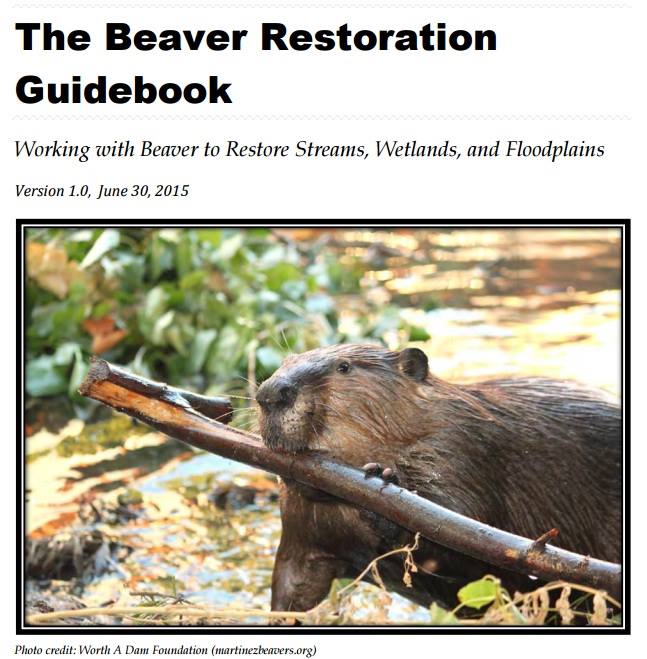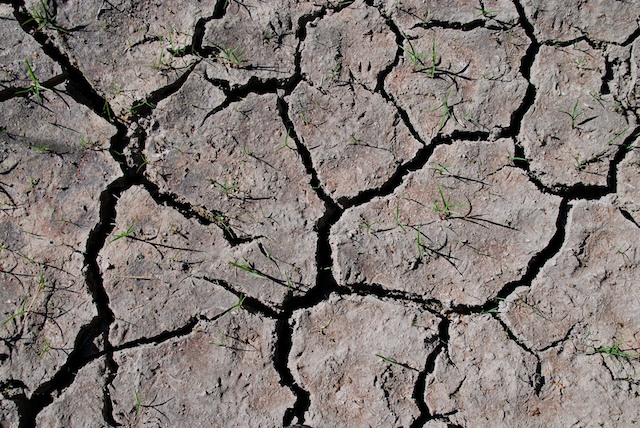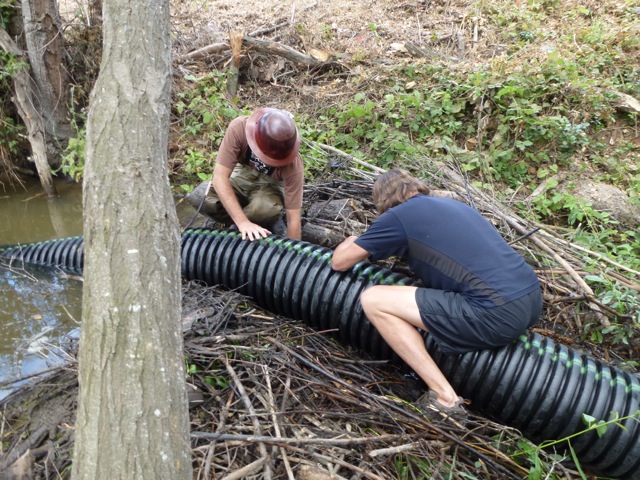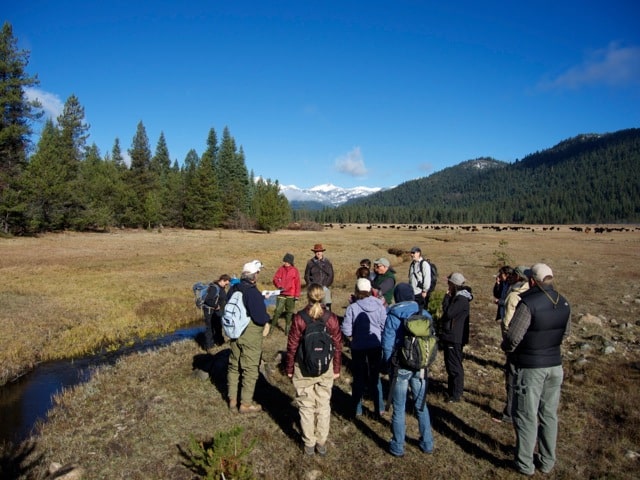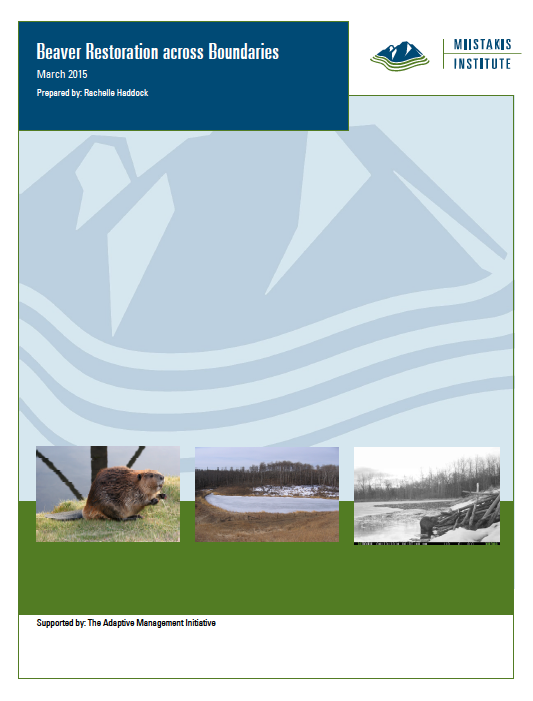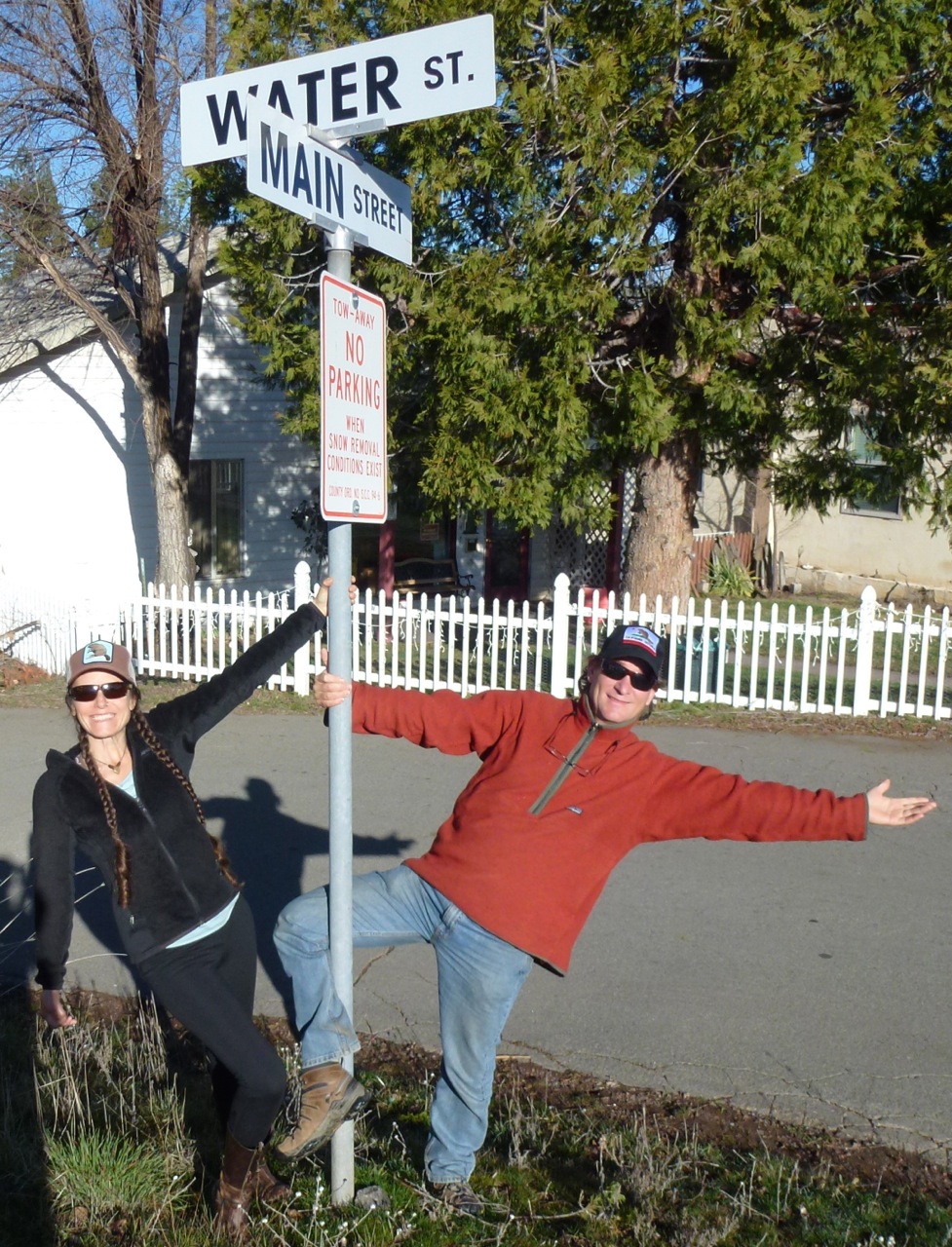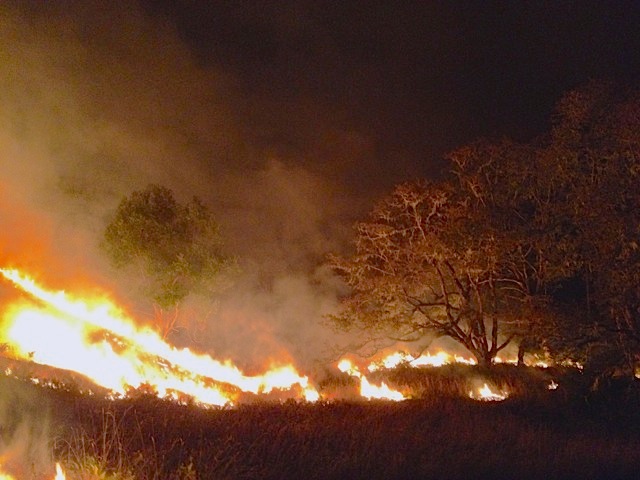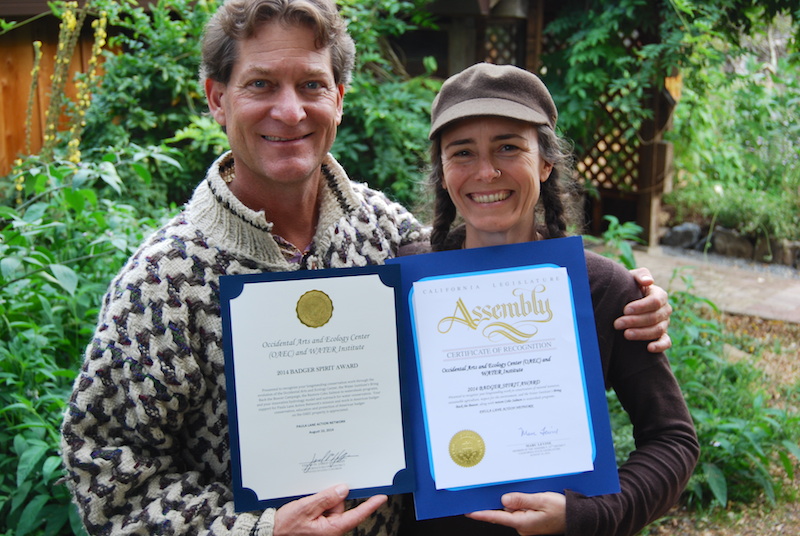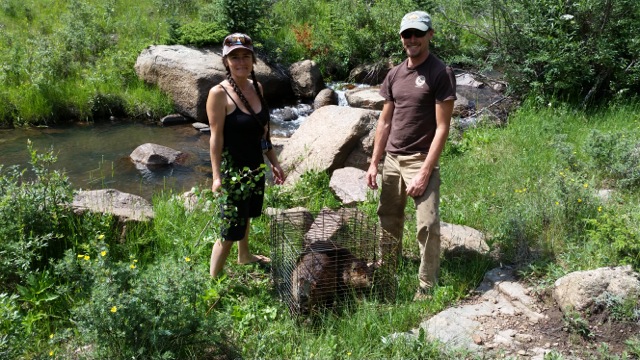In the summer of 2014, WATER Institute Director Kate Lundquist went to Colorado to learn to live trap and relocate beaver (Castor canadensis) from long-time beaver advocate Sherri Tippie of Wildlife 2000. Accompanied by her partner and non-lethal beaver management designer Kevin Swift, Kate got see first hand how the state of Colorado is successfully implementing this important non-lethal beaver management strategy. Beaver dams provide numerous benefits to the communities they reside in, from increasing water supply to creating valuable habitat for many other species.
Why did they have to go all the way to Colorado to learn about this? Because it is not legal to do so in California. While many arid western states (Oregon, Washington State, Utah and Colorado) move beaver to places that could benefit from the myriad ecosystem services they provide, California law focuses solely on hunting and lethal management of nuisance beaver.
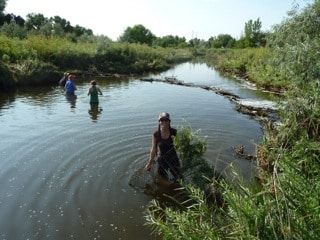 In the absence of such innovative practices, the WATER Institute has launched a Bring Back the Beaver Campaign to integrate beaver management into California policy and regulation in order to improve water quality and quantity, create critical wetland habitat for numerous endangered species and optimize aquatic resource conservation and climate change adaptation strategies.
In the absence of such innovative practices, the WATER Institute has launched a Bring Back the Beaver Campaign to integrate beaver management into California policy and regulation in order to improve water quality and quantity, create critical wetland habitat for numerous endangered species and optimize aquatic resource conservation and climate change adaptation strategies.
Colorado’s example is one that the WATER Institute intends to use when making policy recommendations to the California Department of Fish and Wildlife.
